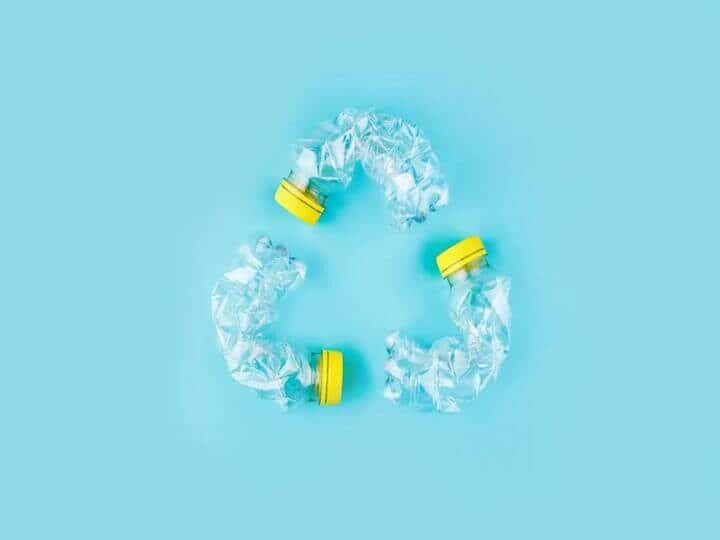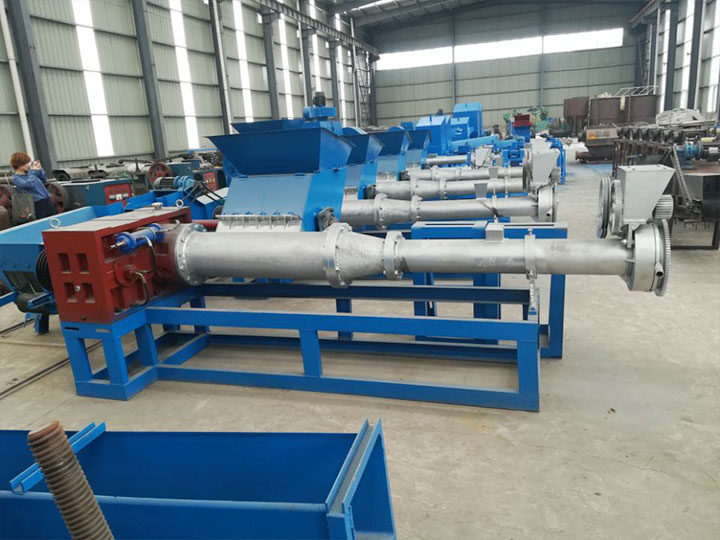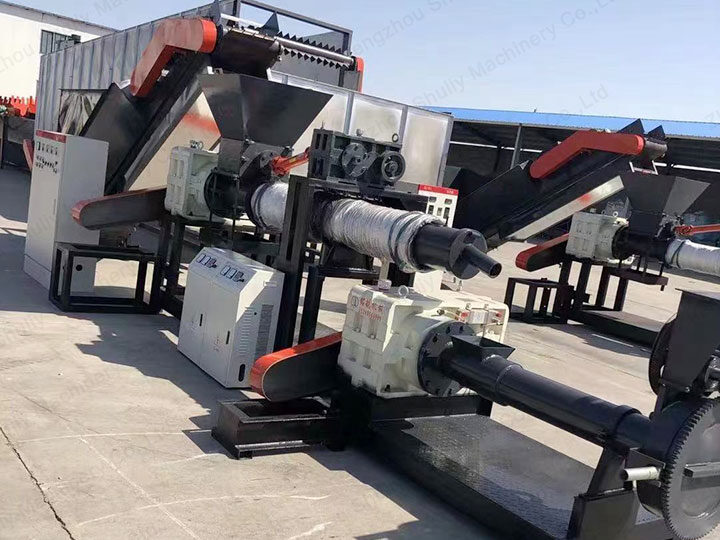Plastic recycling business in Nigeria
Nigeria is a country on the west coast of Africa, as of December 2019, Nigeria has a total population of 201 million, making it the most populous country in Africa, accounting for 16% of the total population of Africa. It is also the largest economy in Africa. In 2013, Nigeria’s gross domestic product (GDP) was 509.9 billion US dollars. the population of Nigeria is increasing rapidly. According to the “Guardian” report, the International Finance Corporation (IFC) announced a US$39 million financing plan to build a continuous polymerization PET resin factory in Ogun State. 20% of the raw materials of the factory will come from local waste plastics. Thereby strengthening recycling and manufacturing in Nigeria.

As the population continues to increase, the amount of plastic waste generated is also increasing. With the rapid growth of the urban population, effective modern technology is needed to manage waste. The plastic recycling business in Nigeria is very popular nowadays. The recycling of waste plastics is one of the best technologies to avoid environmental air pollution caused by the burning of plastics.
Plastic recycling which means melting waste plastics into pellets is a process of recycling waste or waste plastics and reprocessing the materials into useful products. Waste plastic bags and plastic bottles will be crushed, washed, and then melted and granulated by a plastic granulator. Plastic recycling includes melting plastic flakes or soft plastic films, and recycled plastic pellets can be used to make plastic chairs, tables, and toys. In the manufacturing process of plastic products (such as polyethylene film and bags), some plastic scraps will also be recycled. Then recycle them.

Investors can hire young people to collect waste and sell waste plastics to recycling plants for a price. The project can be located anywhere in the country. It is recommended to invest in raw materials, that is, areas rich in waste plastics. For example, according to the records of the Ogun State Waste Management Agency, the state generates more than 3,000 tons of waste per day; in Lagos, more than 9,000 tons of waste are generated per day. As these two states are rapidly increasing their populations every day, there is a trend of further increase.
Recycling waste plastics can help reduce the amount of municipal solid waste, increase the value of waste, use municipal solid waste to produce household and commercial plastic products, and improve municipal solid waste management services. At the same time, it can also create job opportunities for young Nigerian graduates.

The main target market is plastic production companies. There are many plastic companies that would love to buy recycled products instead of the new brand plastic production and the demand has been increasing. However, the demand for recycled plastic materials is very high.
According to records, plastic products enjoy demand and patronage throughout the country. In fact, plastic is one of the fastest-selling consumer products in the country today. This is because many products require plastics for packaging or raw materials. The takeoff cost of this project varies depending on the score and capacity of the recycling plant. Financial analysis carried out indicated that the project is very profitable. The raw material is almost zero cost compared to the income from the processed wastes. The cash flows are very impressive and the payback period is between and 1 and 2 years of operations. The return on investment is 285% within the first five years of operations.
